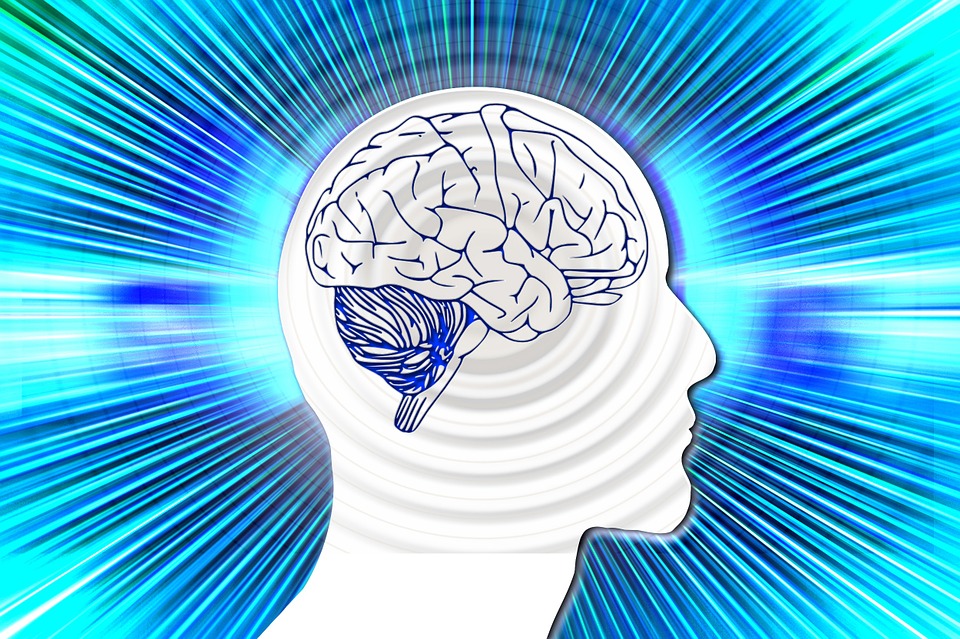Fat, and Brain Fuel
There are people who can eat huge amounts of food and complain that they are unable to gain weight, and others of us feel like we do gain it by simply looking at a chocolate layer cake. While exaggerated, those are examples of metabolism.
Some folks do not take care of themselves, eating the wrong things and not getting exercise. The problem is the accumulation of fat. Even sitting in front of the television eating junk food, humans still burn calories faster than our alleged cousins, the chips.
 |
| Pixabay / Gerd Altmann |
Did you ever see a fat chimpanzee? Most people have a fair amount of fat tucked away, but you’ll seldom see a chimp with a spare tire. Even body builders have more fat than chimpanzees, to say nothing of the rest of us. Healthy men average 12–20 percent body fat, and women 24–31 percent. Male chimps, in contrast, carry almost no body fat, and females carry a lean 3.6 percent. The difference is present from birth. Human newborns have about 15 percent body fat compared to 3 percent for baby chimpanzees. God made us similar in many ways, so why the huge difference in body fat? The answer relates to our energy needs.
You can chow down on the rest or listen to the audio at "The Good Side of Fat — Not feeding into evolutionary stories." Stop giving me that look. It's genetic.